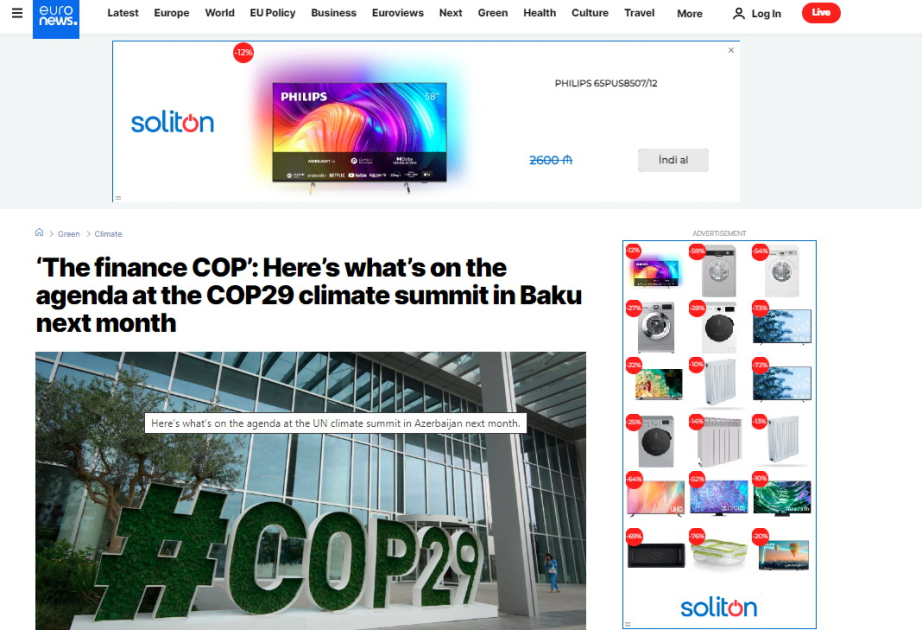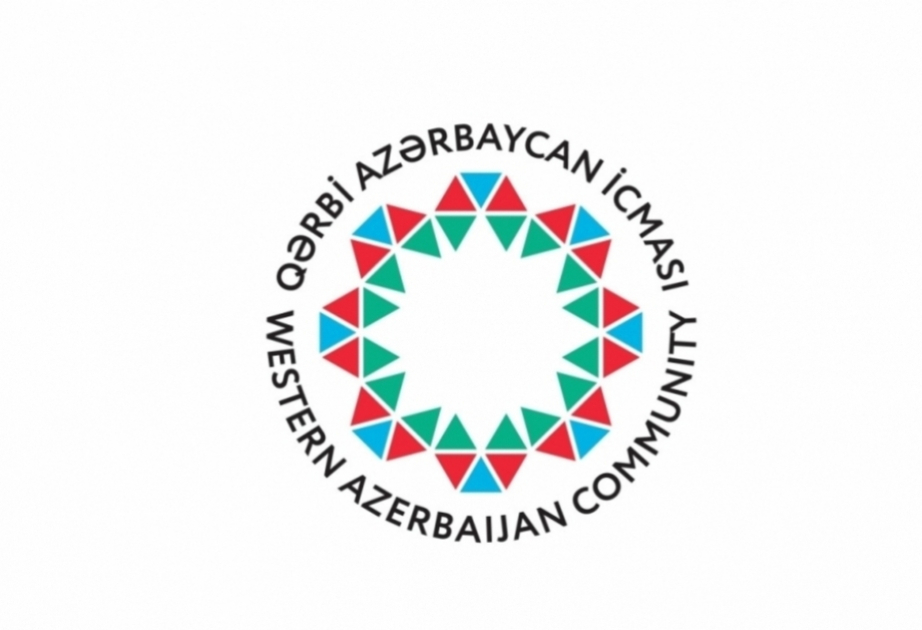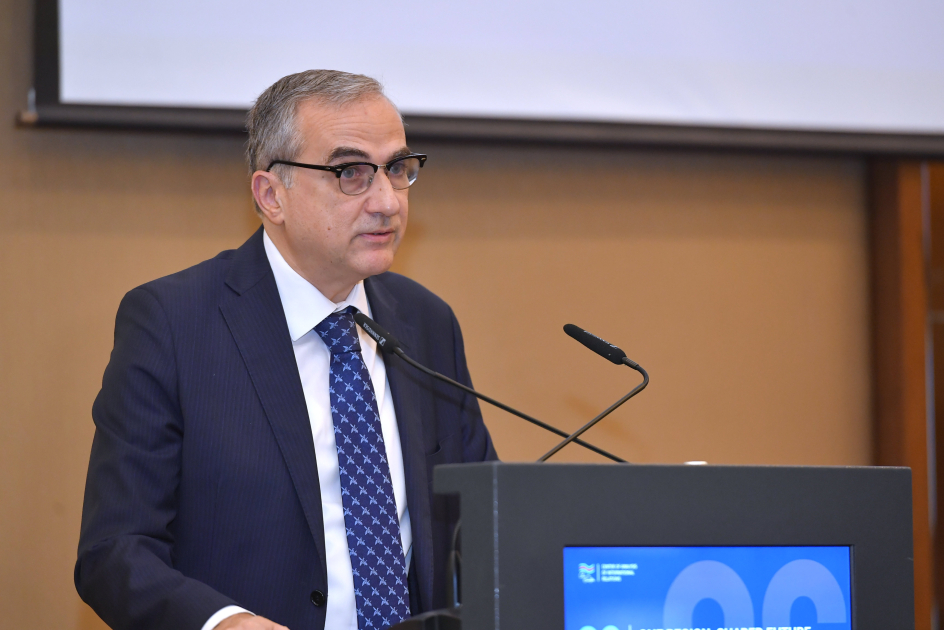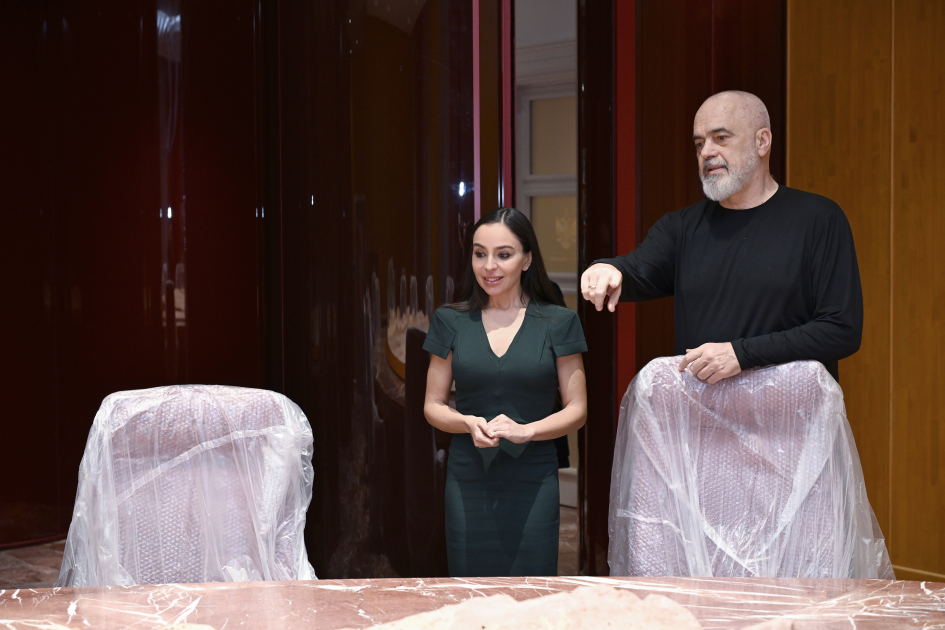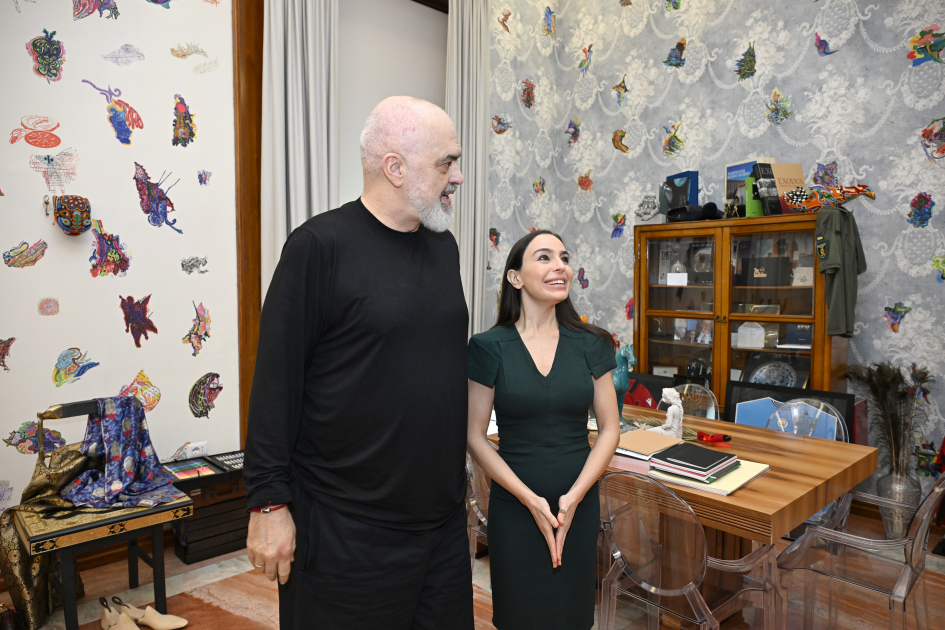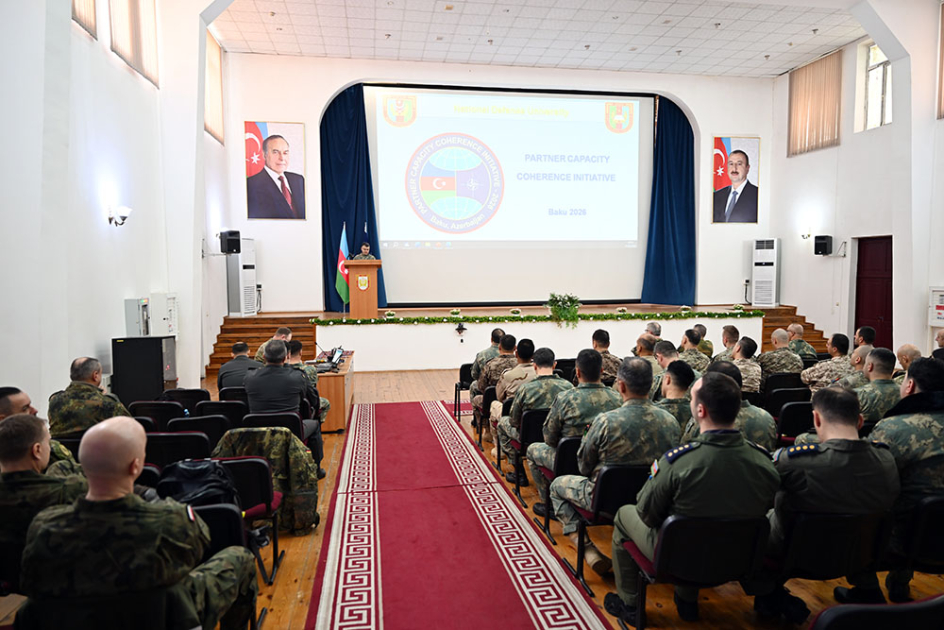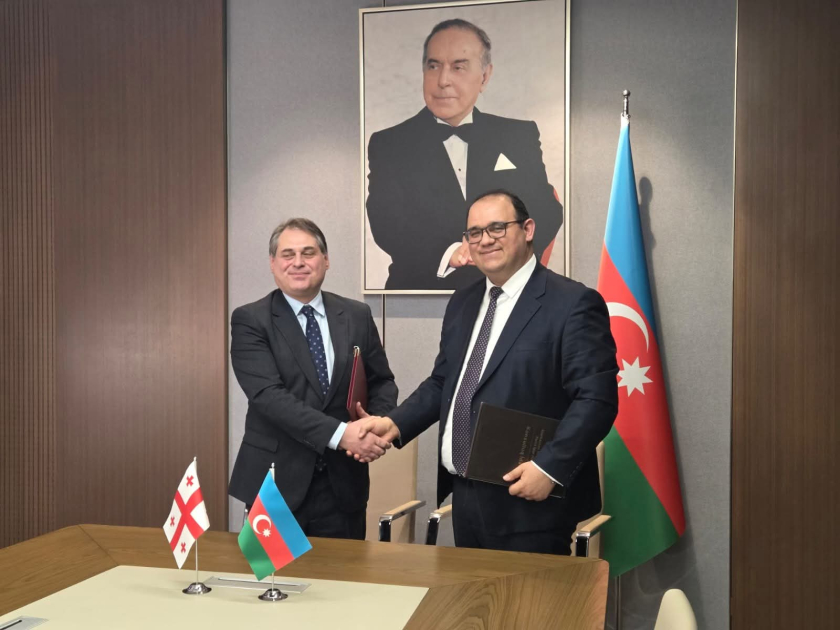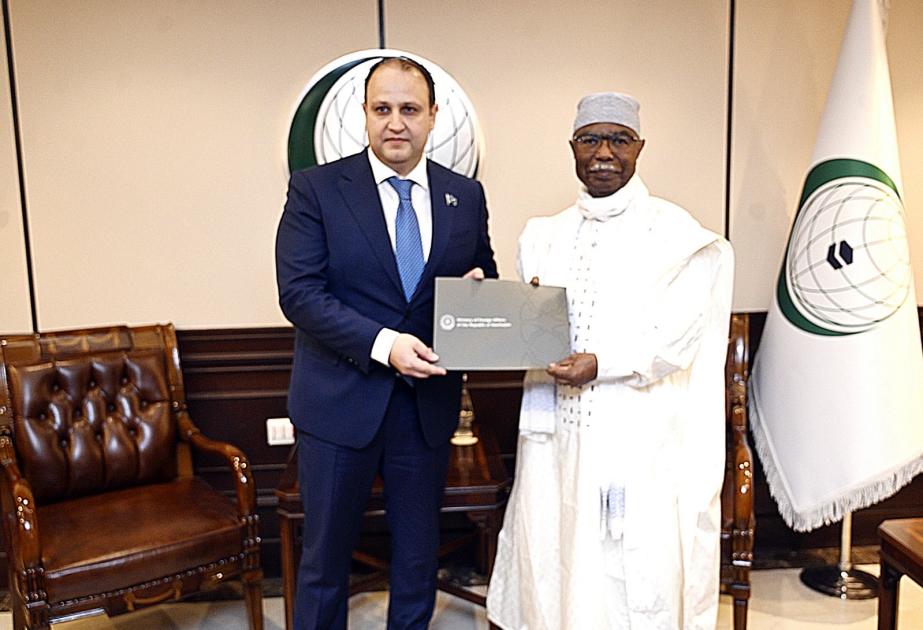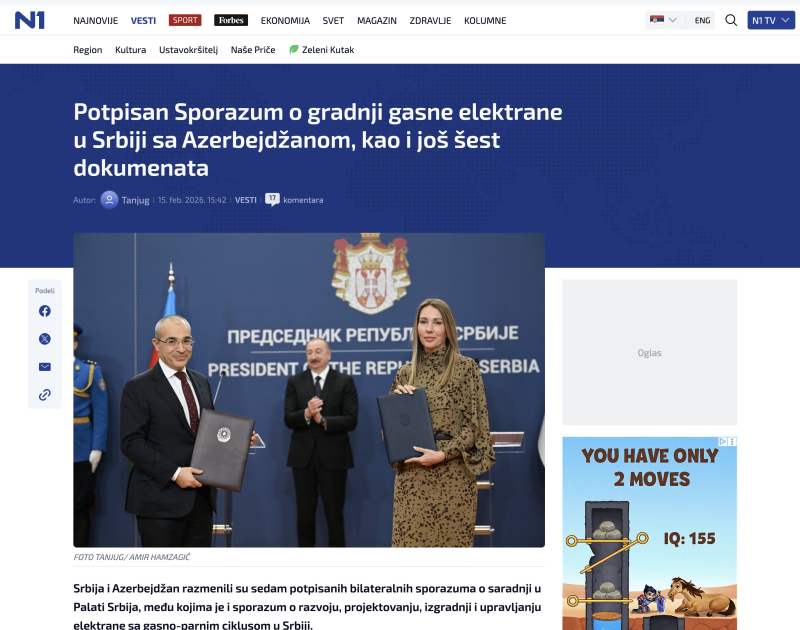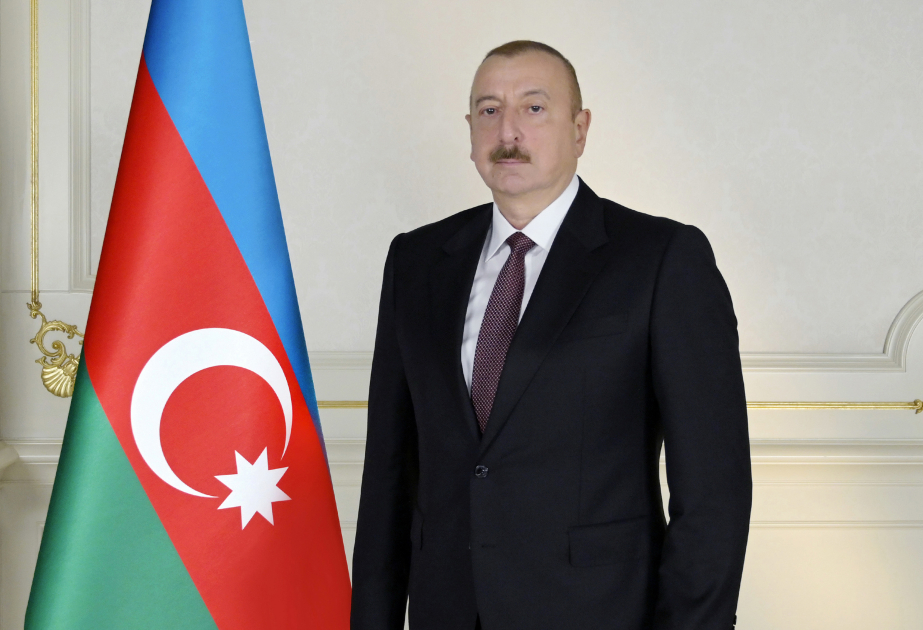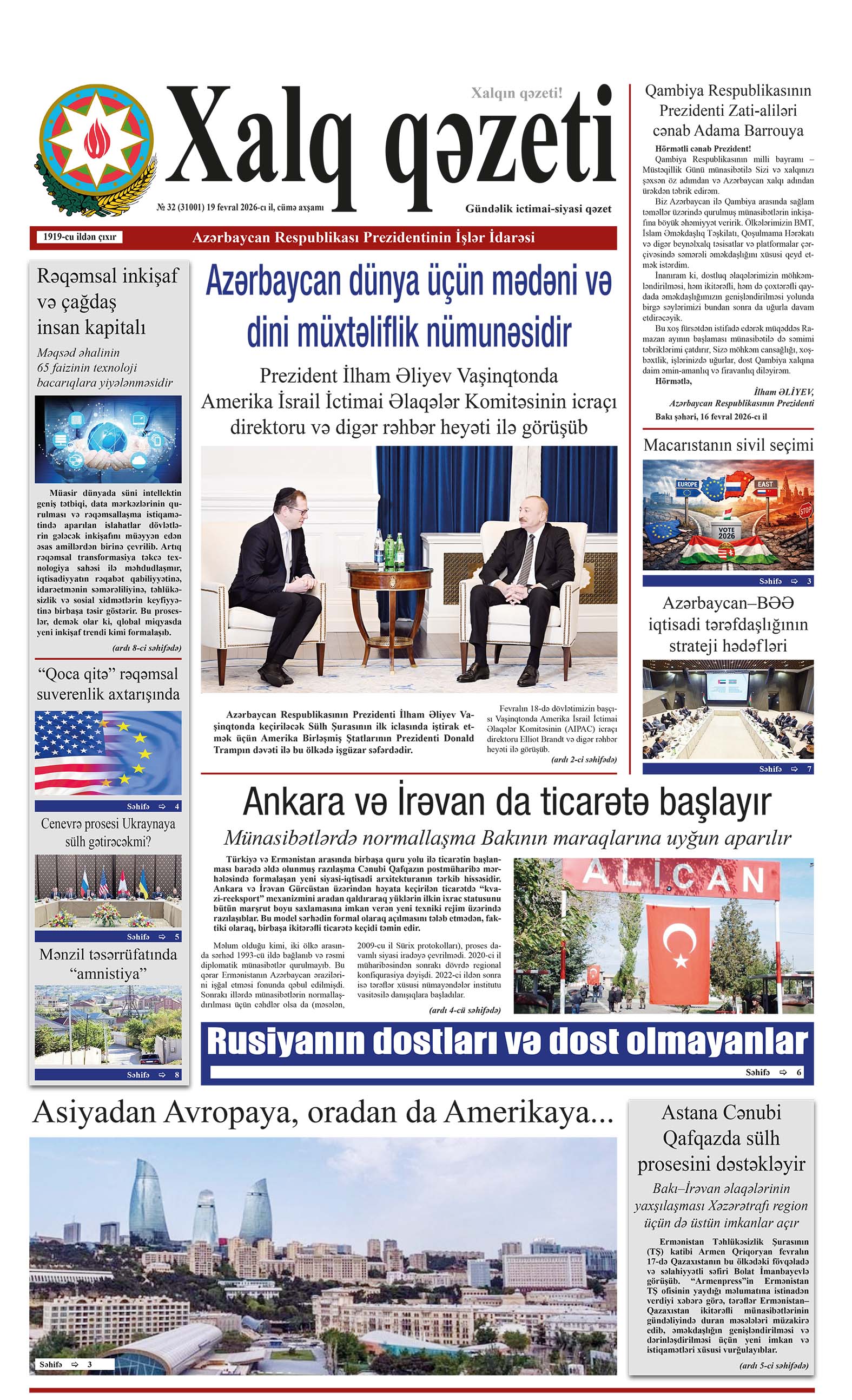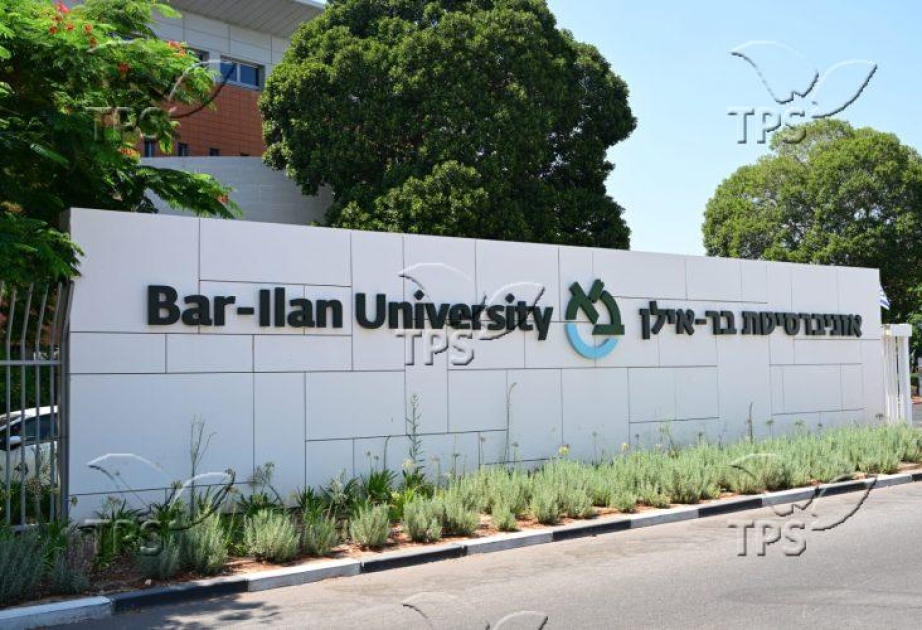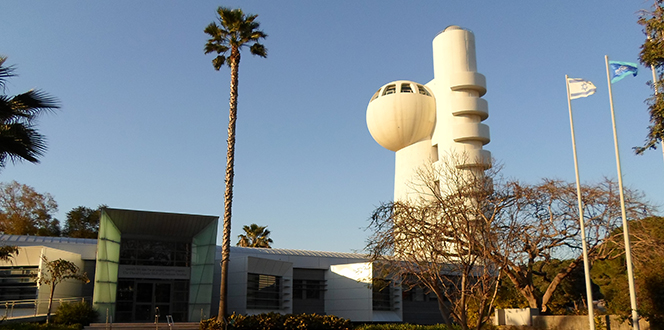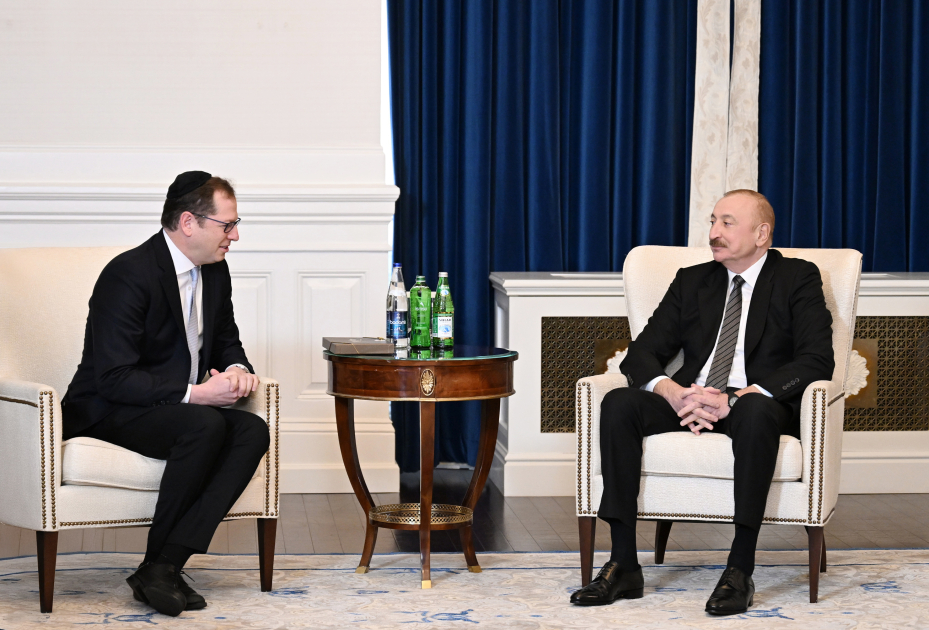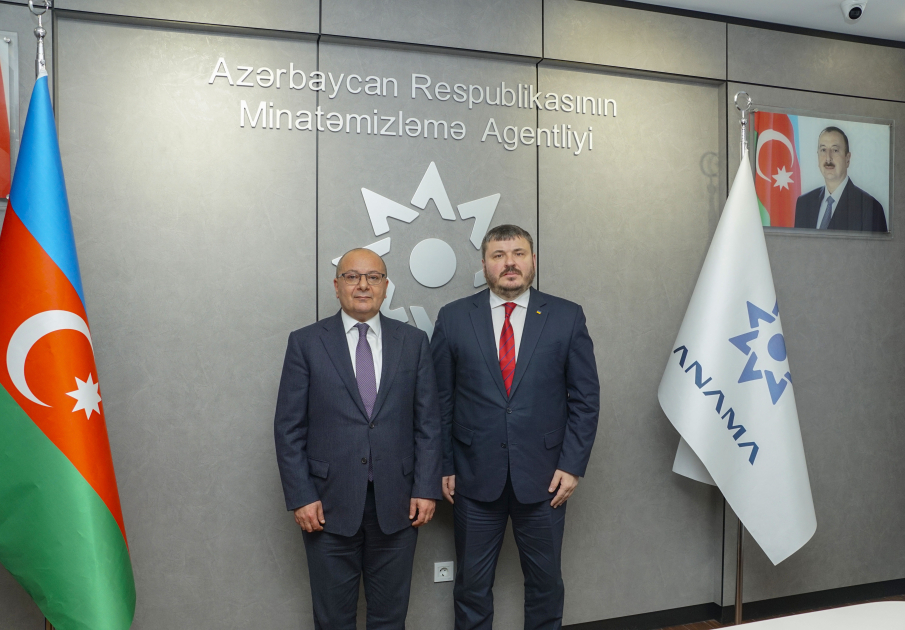The Euronews TV channel’s website has published an article highlighting the 29th session of the Conference of the Parties (COP29) to the United Nations Framework Convention on Climate Change, scheduled to be held in Baku this November.
In her article, headlined “The finance COP: Here’s what’s on the agenda at the COP29 climate summit in Baku next month”, Lottie Limb, London-based digital journalist, said: “In a week marred by deadly flooding in eastern Europe and a “berserk” climate fuelled hurricane in the US, it is painfully evident that the climate crisis continues to escalate beyond our efforts to temper it. For a fortnight from 11 to 22 November, the world will be looking to leaders to ramp up climate action and afford stronger protection to those on the frontlines.”
“COP29 is billed as the ‘finance COP’, because it is time for countries to set a new global climate finance goal. Ahead of COP30 in Brazil next year, they also need to submit stronger national climate commitments. And after some wins at COP28 in Dubai last year - including the official launching of a new loss and damage fund for climate victims - developing countries are anxious for past commitments to be honoured and improved on,” the author mentioned.
“A month is a long time in global affairs. Devastating conflict in the Middle East, and the US election in early November, will influence the negotiations in various ways. As required by the Paris Agreement which has guided global climate action since 2015, the main outcome agreed at COP28 was the first ever ‘global stocktake’.
For the first time at a climate COP, the final text actually named fossil fuels - and called for all countries to “transition away” from them. Despite this progress, the decision shied away from the full “phase-out” many said was needed to stay below 1.5C global heating. The outcome also called on countries to contribute to the global tripling of renewable energy capacity by 2030,” she emphasized.
“For the first time in 15 years, countries will need to agree to a new global finance goal, known as the new collective quantified climate finance goal (NCQG). This will update the target set in 2009, when developed countries pledged to mobilise $100 billion (€91.4 bn) a year by 2020 to help developing countries mitigate and adapt to climate change. A promise they only managed to deliver on in 2022.
With the crisis intensifying, the actual amount of climate finance that developing countries now need is estimated to be in the region of $500 billion dollars to over $1 trillion a year. As well as the total figure, COP29 will see much wrangling over the terms of the NCQG, including: who the donor base and recipients will be; how much will come from public and private sources; and whether it will be in the form of grants or loans,” the author emphasized.
“EU ministers approved their conclusions on climate finance earlier this week, committing to continue to collectively mobilising $100 billion per year until 2025, and to set an “ambitious” NCQG for thereafter.
The council is expected to adopt its final negotiating mandate for COP29 on 15 October. Currently, the climate finance text stresses that international public finance should be at its core and be provided by a “broader base of contributors, including those countries that are capable of contributing,” the journalist said.
The article also quoted Michael Bloss, climate and industrial policy spokesperson for the Greens in the European Parliament, as saying: “Our priority is clear: balance funding across mitigation, adaptation, and loss and damage, with strict interim targets. Grants must replace loans to break the cycle of debt and unlock true potential for sustainable development.”


